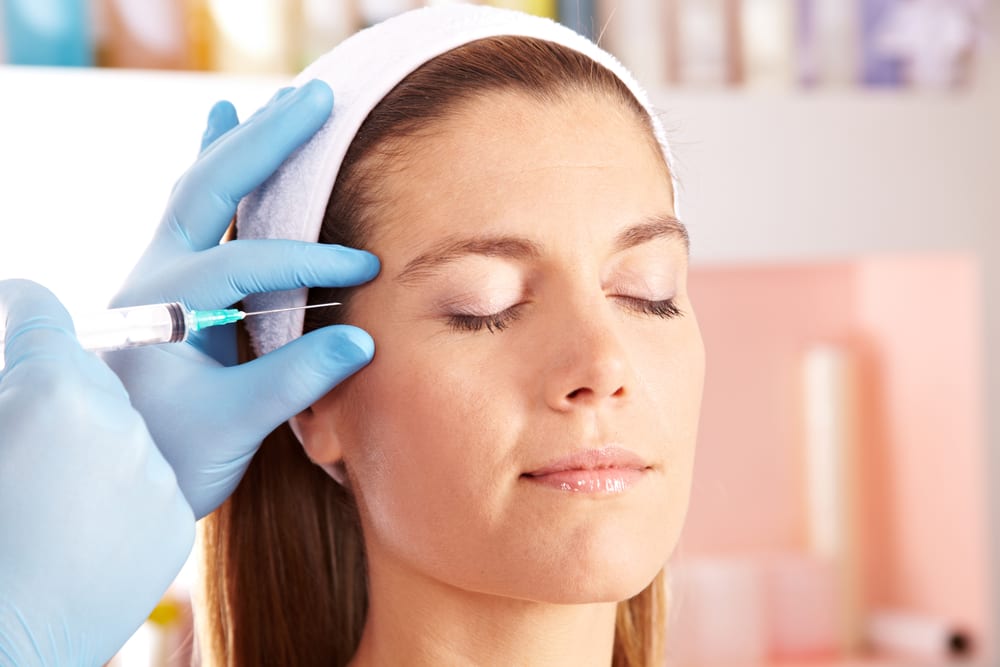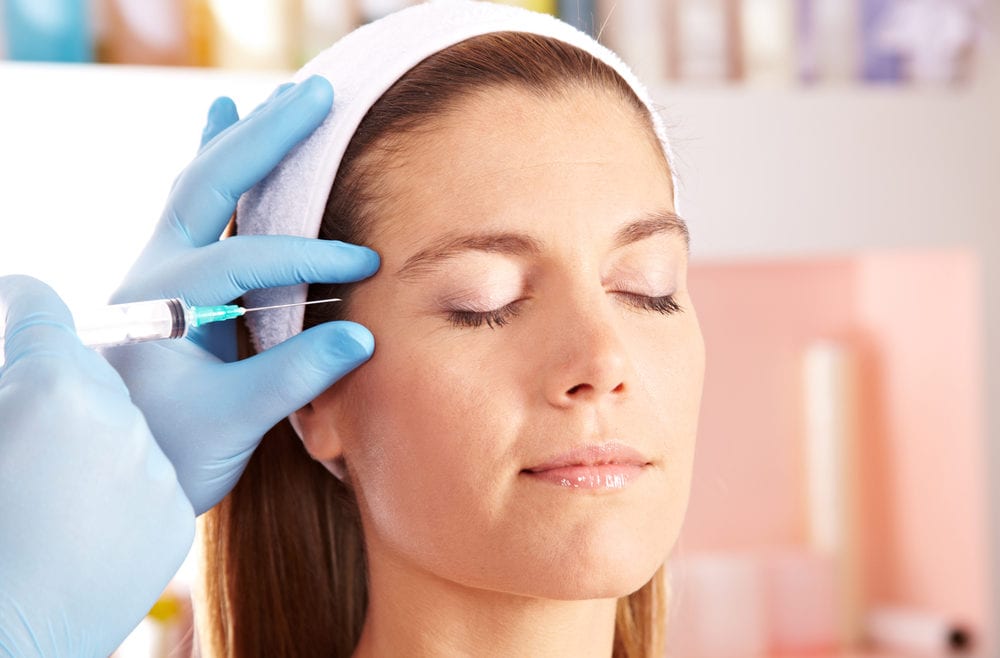 BOTOX® is an infamous med-spa treatment, well-known for fighting wrinkles, keeping Hollywood stars relevant for longer and making it difficult to fully communicate your emotions with your eyebrows. But BOTOX benefits aren’t just limited to helping you look younger for longer. It can also help stop excessive sweating and combat certain neurological conditions.
BOTOX® is an infamous med-spa treatment, well-known for fighting wrinkles, keeping Hollywood stars relevant for longer and making it difficult to fully communicate your emotions with your eyebrows. But BOTOX benefits aren’t just limited to helping you look younger for longer. It can also help stop excessive sweating and combat certain neurological conditions.
And now, there is evidence that it can assist in the battle against depression, too.
Yes, that’s right, ladies; at the same time that BOTOX is working to stop your forehead from showing emotion, it could be impacting your feelings as well.
BOTOX for Depression?
New research has found that BOTOX might help to reduce depression symptoms. According to the big brains behind an article written for Scientific Reports, when BOTOX is injected, it can shift the mood of the patient.
Now, this might sound a little crazy — believe me, I was skeptical, too. But, it ends up that this isn’t a new theory.
BOTOX is not yet a proven form of depression treatment. However, research is promising.
For the last 15 years, scientists have noticed that BOTOX seemed to have antidepressant effects on certain patients. They just haven’t been able to pin down whether or not this is correlation or causation — in other words, whether this phenomenon is actually caused by the BOTOX or just happens to occur around the same time as administration.
The original theory actually makes a lot of sense. Scientists believed that the antidepressant effect BOTOX seemed to have was related to its ability to interrupt the feedback loop between facial expressions and negative emotions. Basically, those facial expressions that tend to cause wrinkles are also the ones we tend to make when stressed and sad. Stop the muscles from making those expressions and you cut off the feedback loop, thereby reducing the negative emotions.
But, according to this new article, it’s more complicated than that.
What’s Changed?
New studies still back up the idea that BOTOX can impact your emotions. However, it indicates that it has nothing to do with the muscles it is injected into. Most any application seems to deliver an antidepressant effect.
Keep in mind, this wasn’t a small study. More than 45,000 cases were studied, covering BOTOX treatments for cosmetic purposes, but also for migraines, excessive sweating, neck pain, drooling, involuntary blinking, limb spasms and bladder disorders. Researchers divided the cases based on what condition was being treated, and for each condition, divided the cases based on whether they were treated with BOTOX or whether another agent was used.
What did they find? Patients reported experiencing depression 40 percent to 88 percent less often than those who received treatment other than Botox for the exact same conditions.
What This Means for You
Well, let’s start with what it doesn’t mean: it doesn’t mean you need to run out right now and get BOTOX if you happen to have depression. This study is promising, but there is more research to be done. But, if you are looking for a little rejuvenation and you are feeling a little blue? Choosing BOTOX over other injectables could be the right choice for you.
Related Posts
- 3 Steps for Summer Skin Protection
- How the Eyes Affect Others’ Perception of You
- How to Fix Fine Lines



